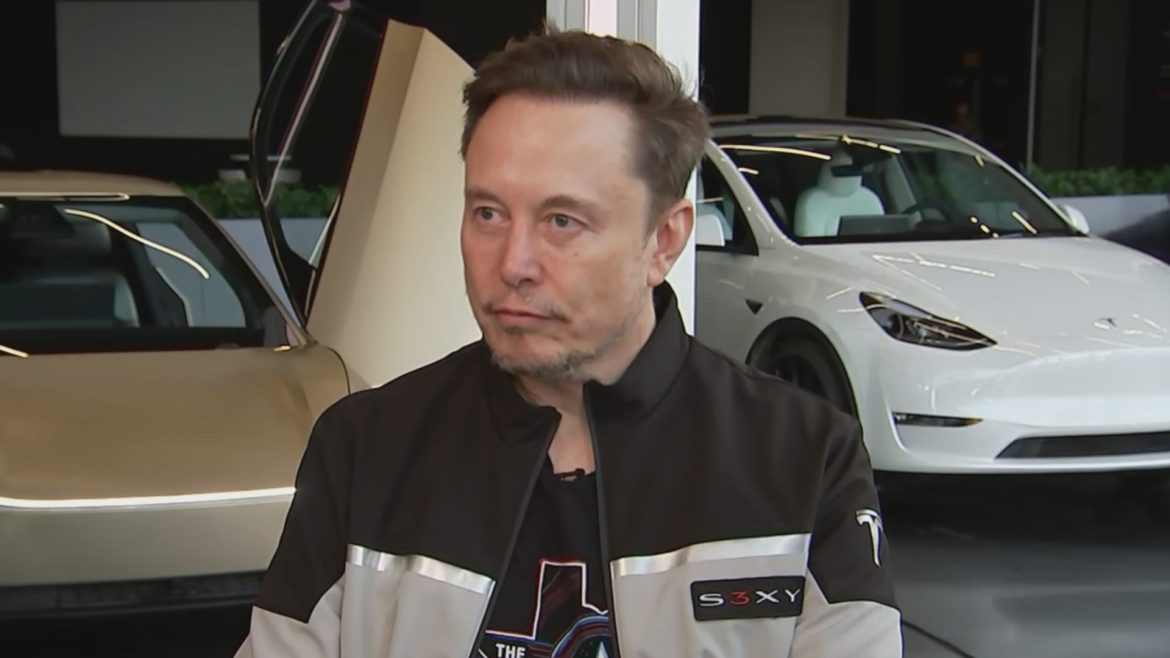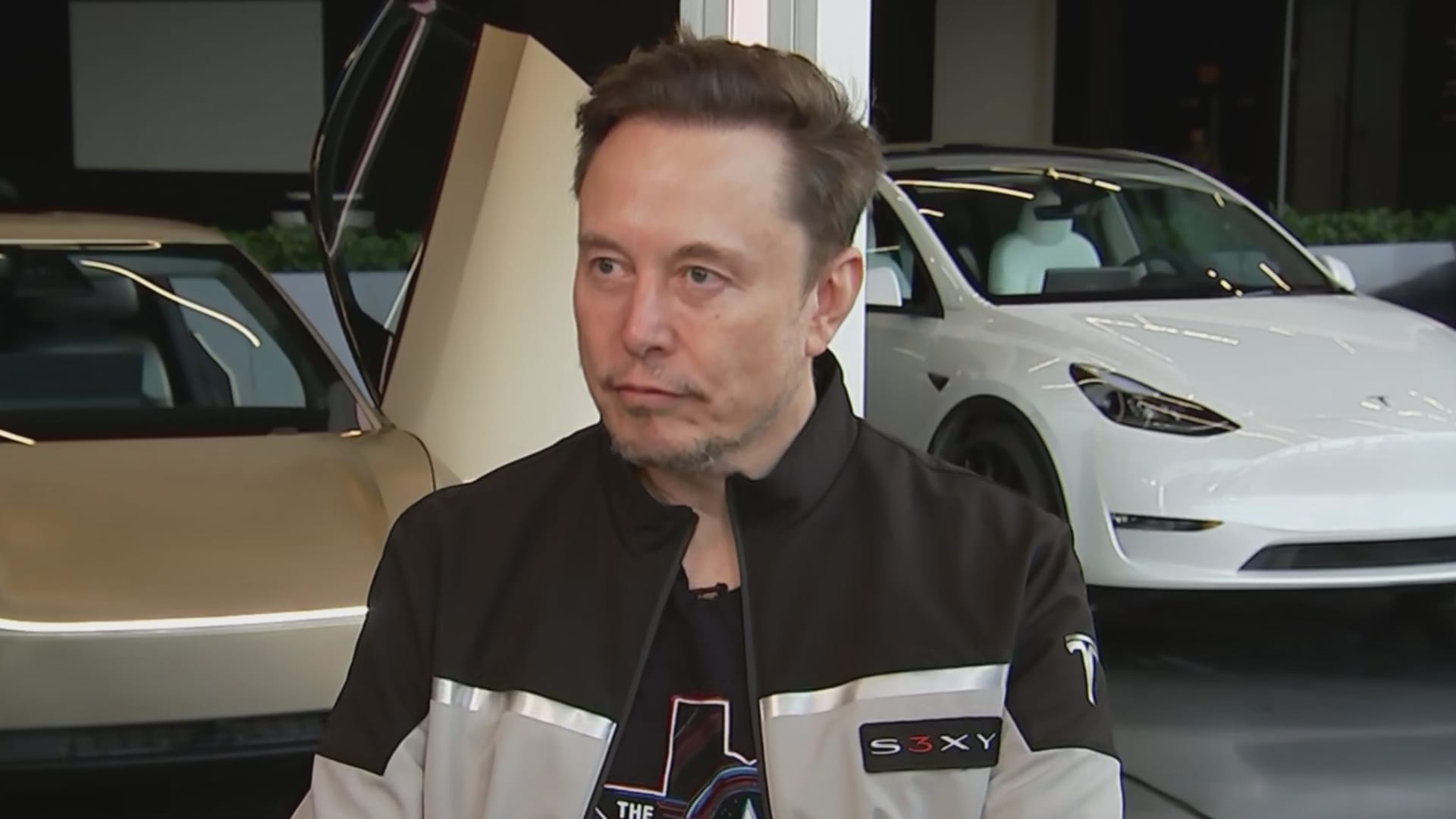Tesla’s Declining Sales in Europe: Unpacking the Causes and Implications
Tesla, once the uncontested leader in the electric vehicle (EV) market, is now grappling with a sharp decline in its European sales. Recent data indicates a staggering 49% plunge in Tesla’s sales across Europe, marking one of the most significant downturns for the company in this region. This trend unfolds even as the overall European EV market experiences growth, underscoring a complex interplay of factors uniquely impacting Tesla’s performance.
The Numbers Behind the Plunge
Data from the first few months of the year reveal that Tesla’s European sales dropped precipitously despite a 28.4% increase in overall EV sales within the European Union during the same period. Specific markets illustrate even more dramatic reductions: in Sweden, Tesla’s sales fell by 81% to their lowest levels in over two years, while in key markets like the UK and Germany, sales dipped to their lowest in at least two years, with Tesla selling merely 512 cars in the UK and 885 in Germany recently.
Spain registered a 36% year-over-year decline in Tesla’s new car sales during April, contributing to growing concerns over the company’s regional performance. These figures are mirrored by a global sales drop of 13% in the first quarter, representing Tesla’s largest delivery decrease historically.
Brand Damage Linked to CEO Elon Musk’s Political Involvement
Central to Tesla’s European challenges is the reputational fallout attributed to CEO Elon Musk’s political activities, notably his association and public engagements with former U.S. President Donald Trump. Musk’s visible political stance has sparked protests among European consumers, who appear increasingly disaffected by the company’s leadership beyond product-related issues.
This political involvement has engendered consumer pushback, undermining the brand’s appeal. The backlash is not solely a matter of personal politics but spills over into purchasing decisions, as some European buyers consciously avoid Tesla in protest. Europe’s distinctive socio-political climate and progressive values amplify the sensitivity to Musk’s political positioning, which contrasts starkly with market rivals who maintain a more neutral or corporate-focused image.
Intensifying Competition from European and Chinese EV Manufacturers
Tesla no longer enjoys the luxury of a near-monopoly on the EV market; competition has intensified dramatically. European automakers like Volkswagen, BMW, and Mercedes-Benz have accelerated their electric offerings, integrating cutting-edge design, localized manufacturing, and tailored European consumer preferences. Moreover, the influx of Chinese EVs, which are often competitively priced and equipped with appealing technology, siphons sales away from Tesla.
Consumers gravitate towards newer model refreshes and innovations, areas where Tesla currently faces criticism for aging designs and slower product updates. The anticipation of upcoming refreshes to Tesla’s bestseller, the Model Y, has also led some potential buyers to delay purchases, further depressing current sales figures.
Market Dynamics and Consumer Behavior in Europe
The broader European EV market narrative is one of rapid growth, driven by stricter emissions regulations, governmental subsidies, and increasing environmental awareness among consumers. However, Tesla’s diminishing market share highlights how brand image and product perception can pivot dynamics even in an expanding market.
Europeans have shown a preference for EVs that align not only with sustainability goals but also with cultural and political sensibilities. Tesla’s brand damage, coupled with rising local alternatives, has created a perfect storm making the company less attractive in this region.
Strategic Implications for Tesla
The sharp sales decline in one of Tesla’s key growth regions presents a critical challenge. Addressing brand reputation issues will require nuanced communication strategies that either reconcile Musk’s political profile with European consumer expectations or decouple the brand identity from his personal persona more effectively.
Additionally, Tesla’s innovation pipeline must accelerate to counter competitors’ advances and retain consumer interest. Product refreshes, localized marketing, and possibly adjusting pricing strategies to compete with budget-friendly Chinese EV imports will be imperative.
Conclusion: Navigating the European Market’s Crucible
Tesla’s European sales plunge encapsulates a multifaceted crisis—not merely the result of competitive markets but deeply intertwined with brand identity and leadership perception. The stark contrast between soaring overall EV sales and Tesla’s contraction underlines the limits of product dominance when public sentiment turns unfavorable.
Reversing this trajectory involves more than just new models or enhanced features; it demands a strategic recalibration aligning with Europe’s unique market and cultural dynamics. Tesla’s ability to adapt to this reality will determine whether it regains its former foothold or cedes ground permanently to the rising tide of European and Chinese electric vehicle manufacturers.





